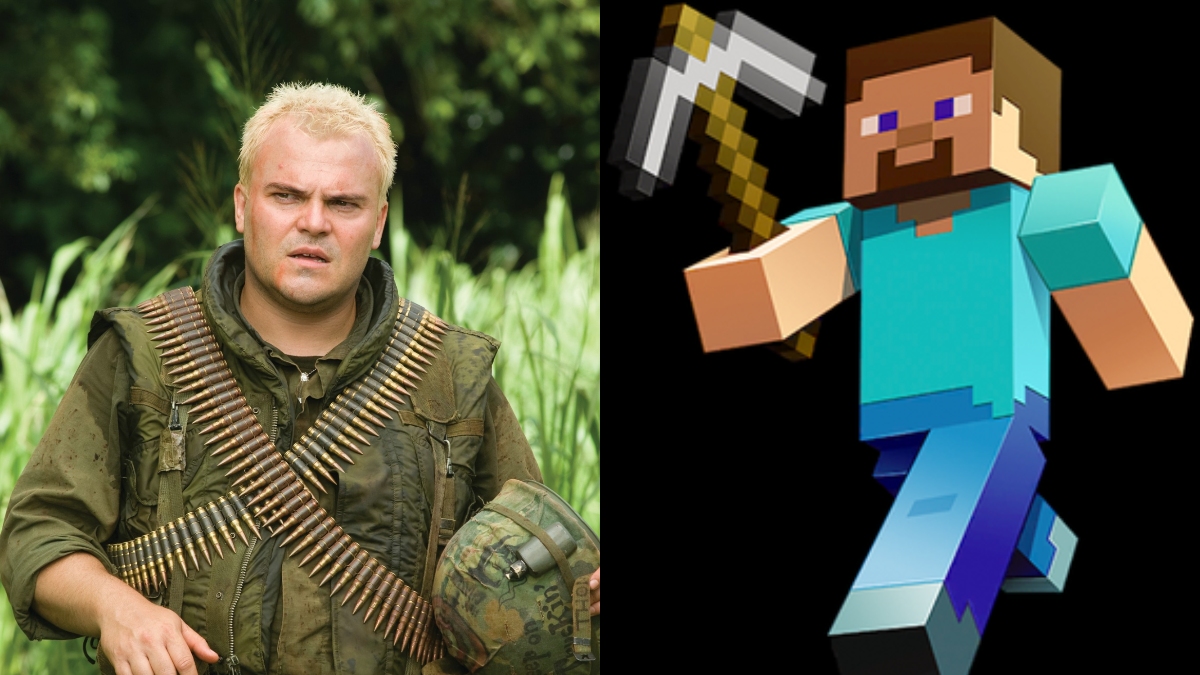The Ghosts of Olympics Past and Future
Let’s say we have two Olympic athletes. No, I don’t know which ones. It doesn’t matter. They’re hypothetical. In the tradition of hypotheticals everywhere, let’s give them ridiculous names–Sam Speedy and Freddy Fast–and then let’s craft for them a hypothetical analogy that is probably a bit out there but will nonetheless do a nice job of illustrating a shocking truth. (After all, what good is a hypothetical if you can’t stretch it to the very edge of absurdity and maybe just a hair beyond for good measure?)
Sam Speedy is from the Olympics Past. Kind of like the Ghost of Olympics Past. Only he’s not a ghost. He’s an athlete. He puts in long, brutal hours of training–hours upon hours–and the harder he trains, the faster he runs. He doesn’t do drugs because he doesn’t want to get kicked out of the Games. He depends on the Olympic Committee to make sure that the rules are followed, and when he toes the starting line, he knows he’s competing on an even playing field.
Freddy Fast, on the other hand, is from the Olympics Future. Kind of like the Ghost of Olympics Future, right, I can see you’re getting it, only he’s not a ghost. He’s an athlete. But the future of the Olympics has been thoroughly monetized, so Freddy Fast has a choice about training. He can either put in the long, hard hours that everyone expects of Olympic athletes today, or he can just pay the Olympics Committee to let him skip it.
Just Skip the Training and Give Me My Gold Medal
“But that’s a dumb analogy,” I hear you protesting. “If he doesn’t train, he’ll just lose. It doesn’t matter how much he pays anybody to skip the training.”
You would think so, yes. But in the Olympics of the Future, the Olympic Committee takes the money of the athletes who don’t want to bother with all that pesky training and it sells them performance enhancing drugs. The drugs put them at a significant advantage over their hard-working counterparts. So Freddy Fast will have a better chance of winning if he pays the “skip-the-training-and-give-me-my-Gold-Medal” fees.
And of course most of the other runners are doing the same thing–all but the very poorest of athletes–so Freddy will be at a genuine disadvantage if he decides to train instead of dosing. The other athletes are getting more drugs the more they pay, so Freddy has to try to keep paying more too in order to keep up. On race day, the winner is going to be the one with the most drug money invested in winning.
In fact, the Olympic Committee could have just auctioned the medals off to the three highest bidders instead of bothering with their sham of a race, but they are smart enough to realize that if they ditched the illusion of the competition nobody would want the medals anymore. Competitors have to feel like they are winning the medals, even if in reality they are just buying them. So the Committee keeps the illusion alive, and Freddy keeps paying as much as he can to try to win a medal that isn’t worth anything.
The Future Has Arrived
What I’ve described above may not be what the Olympics are today, but here’s the scary thing: it is exactly what “free to play” mobile gaming looks like. I recently ran across a brief article in which Bennett Foddy, the guy behind QWOP, lists several major problems with the “free to play” model. The read was short but horrifyingly compelling.
(QWOP, by the way, is a game. If you haven’t heard of it, watch the video at the very top of this post. It made me laugh so hard my sides hurt. Or you can watch the somewhat more famous–or at least more viral–video in the middle of the post, but fair warning: the language is not family-friendly. At all. I mean… just… yeah…)
But back to the mobile analogy. The free to play model counts on players eventually spending money on the game, and the way most developers get players to pay is to make the game elements last so long that you find yourself just wanting to skip them. In other words, you want not to have to play the game. Stop for a second and think how crazy that is. We are paying for the privilege of not playing the game we’re giving our money to. I mean, let’s just do something else instead, right? Go run around outside or read a book or hey watch television but seriously why pay for the right not to do something when there are plenty of things out there that you can not do for free?
So why do we do it? Because we want the reward! We want the rare helm for the spiffy smartphone warrior or the rare building for our little smartphone tribe or the rare pet for our smartphone zoo collection. And we’re willing to pay to get it faster, but just like our hypothetical Olympic Committee, the game developer is smart enough not to destroy the illusion that we are playing for it–that we are earning it–so they build a game around what is essentially, at its heart, just a store for buying virtual products with real money.
Where is that rare helm, after all? Is it on your shelf at home? Can you put it on? Can you walk around in it at Dragon*con? No. It’s on the cartoon head of a cartoon image on your smartphone. And you bought it for a very real $4.99.
How To Avoid Being a Sucker
So what’s the best way to avoid mobile gaming scams? Remember Sam Speedy and Freddy Fast and try to stay away from the free to play model. Instead, seek out games with a one-time-fee. Sometimes you pay for the download and then you just own the game free and clear after that. (Big Fish, I’m telling you. So fun!) Or sometimes you get a few levels for free and then if you like it you pay a one-time fee to open up the rest of the game. Either way, nobody is trying to get you to pay them to stop frustrating you.
On the other hand, if you absolutely, positively can’t give up your favorite free-to-play title (the article I mentioned also compares game developers to drug pushers, by the way), consider removing that credit card from your phone account and replacing it with a limited-denomination card that you have to go buy at an actual store. If you limit yourself to adding only one $10 card every month, for example, no matter how many temptations you run into, when the cash runs out, it’s out.
Then instead of paying someone to stop playing the game, you can just stop playing it for free. You can go spend time with the people you care about. You can get back into nature. Maybe go hiking, or kayaking, or biking. At the very least you can get out of the house for a while… if only to go buy another $10 card.





